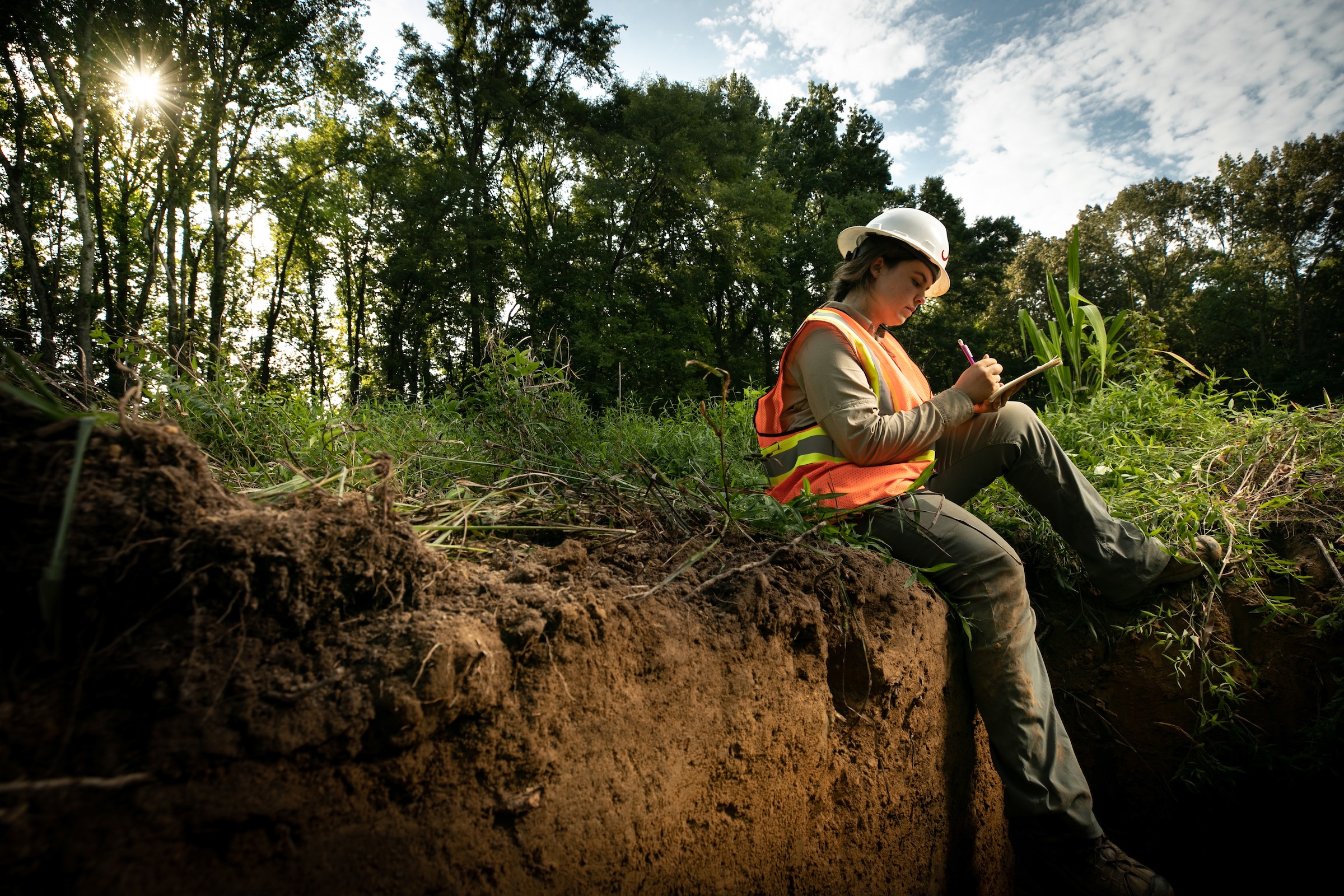
Four Professors Receive Early Career Research Awards
Over the summer, four professors at The University of Alabama received national recognition early in their careers for innovative research that will increase understanding of our world while boosting UA’s educational mission.








